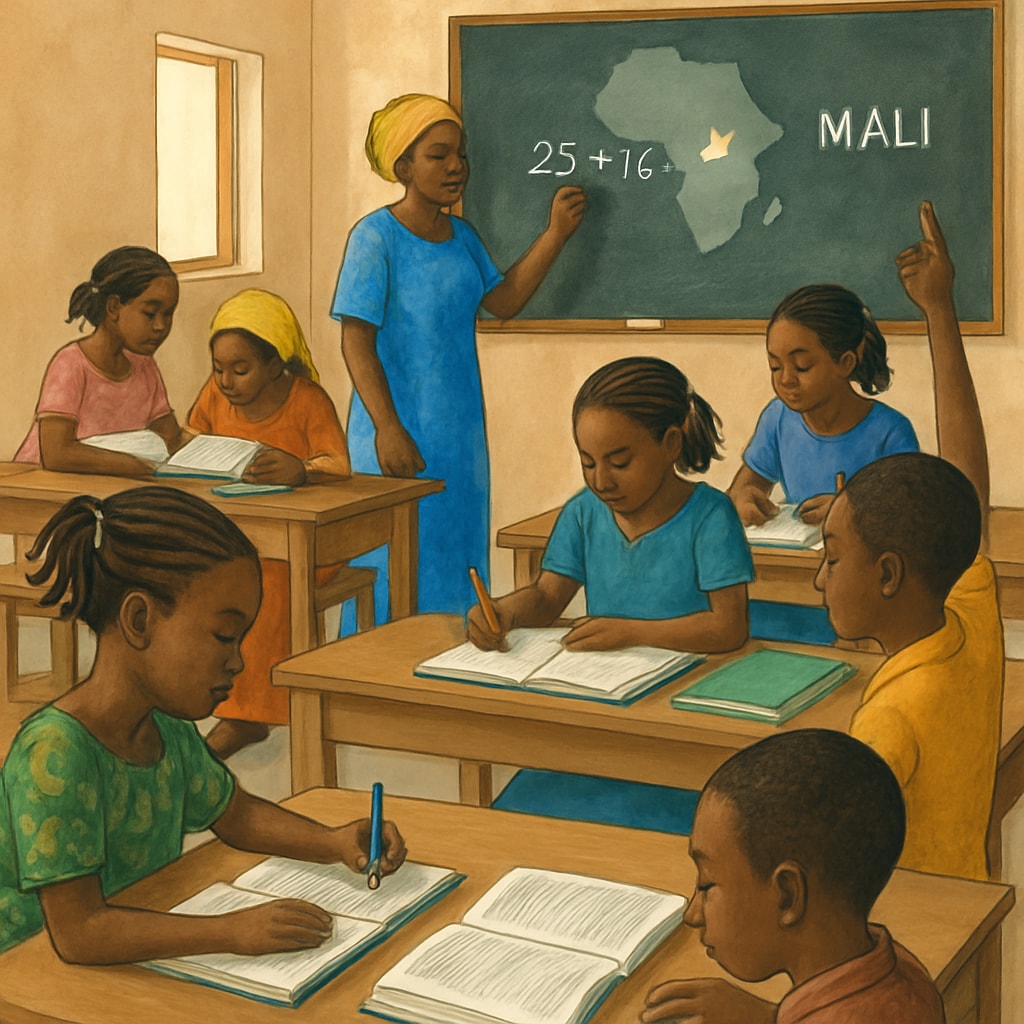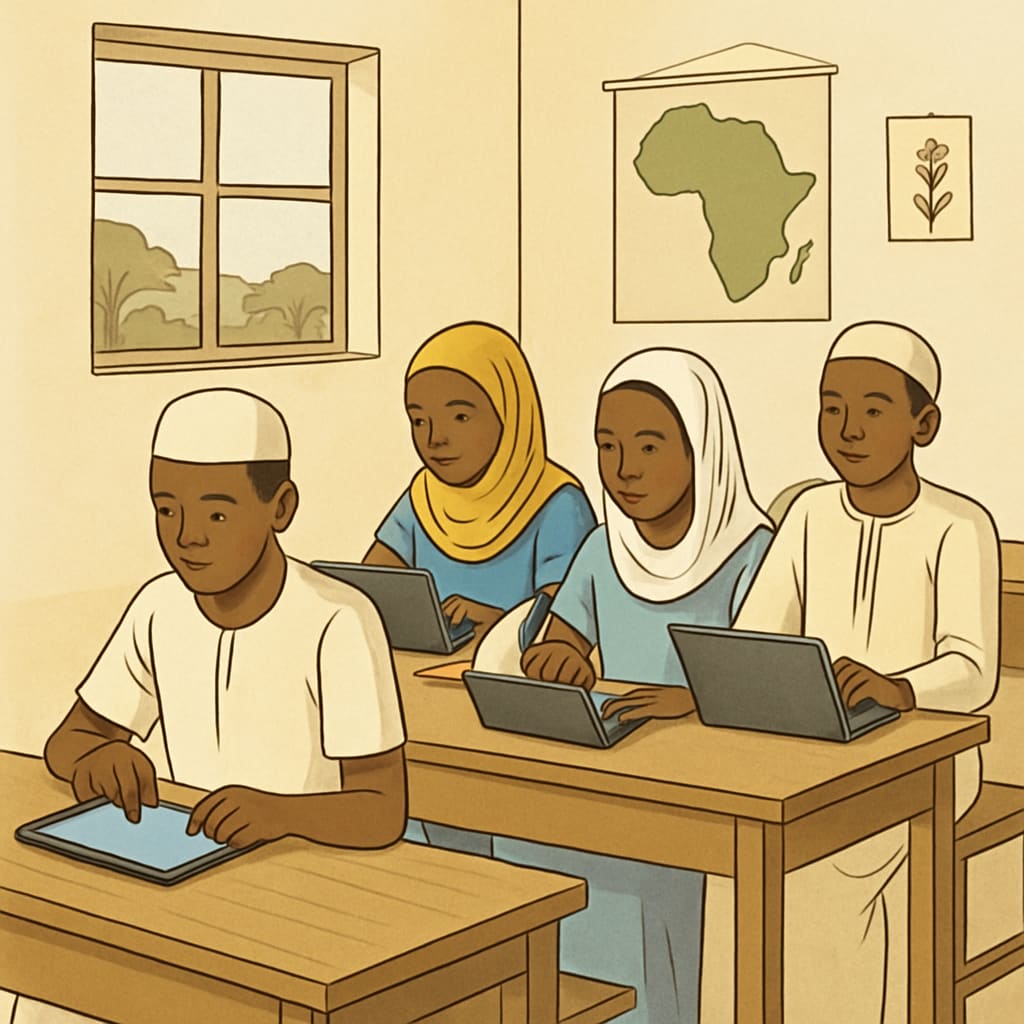In developing nations like Mali, students aspiring to pursue financial careers face significant challenges due to limited educational resources and career guidance. K12 education systems, however, have the potential to bridge this gap by fostering early career planning and global perspectives. With the increasing demand for financial professionals globally, creating pathways for students to access international opportunities can transform both individual lives and local economies.
Understanding the Financial Career Landscape in Developing Nations
Financial careers encompass a wide range of roles, including banking, investment, accounting, and economic analysis. These professions often require advanced education, critical thinking, and a global mindset. Yet, in countries like Mali, access to quality education remains uneven, particularly in rural areas. Students from underprivileged backgrounds are less likely to receive the foundational skills needed to thrive in competitive fields.
For example, the lack of trained educators, modern learning materials, and technology infrastructure hinders students’ exposure to essential subjects like mathematics and economics. Moreover, the absence of career counseling in many schools leaves students unaware of the steps required to enter financial professions.

How K12 Education Can Shape Financial Careers
K12 education plays a pivotal role in shaping students’ career aspirations and equipping them with the skills to pursue their goals. By integrating financial literacy, critical thinking, and global awareness into the curriculum, schools can lay the groundwork for successful financial careers. Below are three key strategies:
- Incorporating Financial Literacy: Teaching students the basics of budgeting, investment, and economic principles helps them understand the financial world and its career opportunities.
- Investing in Teacher Training: Equipping educators with the tools and knowledge to teach financial concepts ensures consistent and impactful instruction.
- Fostering International Perspectives: Highlighting global financial systems and encouraging cross-cultural understanding prepares students to work in diverse environments.
Additionally, extracurricular programs such as business clubs, mentorship opportunities, and partnerships with financial institutions can provide students with practical exposure to their fields of interest.
Addressing Educational Inequality in Mali
In Mali, educational inequality is a significant barrier to career development. Rural schools often lack basic facilities, while urban schools may have better resources but remain inaccessible to many due to economic constraints. Bridging this gap requires targeted interventions.
For instance, initiatives that provide scholarships, improve school infrastructure, and offer access to digital learning platforms can make a profound difference. Organizations like UNESCO have been working to promote education equity in developing countries by supporting teacher training and resource distribution (UNESCO Education Initiatives).
Furthermore, partnerships with international educational institutions can create exchange programs, enabling students from Mali to experience advanced learning environments abroad. Such exposure not only enhances their knowledge but also opens doors to global career opportunities.

The Role of International Education in Career Development
For many students in developing nations, studying abroad represents a crucial step toward achieving their professional goals. International education offers access to specialized financial programs, state-of-the-art resources, and diverse networks. However, pursuing this path requires careful planning and support.
Key considerations for students include:
- Identifying Suitable Programs: Researching institutions that align with their career aspirations and financial capabilities.
- Preparing for Admission: Building a strong academic foundation and preparing for standardized tests like TOEFL or GMAT.
- Securing Funding: Exploring scholarships, grants, and financial aid options to make studying abroad feasible.
Governments and non-profits can play a vital role in guiding students through this process. For example, the African Leadership Academy provides support for young leaders to access global education opportunities (African Leadership Academy).
Conclusion: Empowering Students for a Global Future
In conclusion, addressing the challenges of pursuing financial careers in developing nations like Mali requires a multi-faceted approach. By strengthening K12 education systems, promoting international perspectives, and reducing educational inequality, we can empower students to unlock their potential. As the global economy evolves, equipping the next generation with the skills and opportunities to succeed will be crucial for sustainable development.
Investing in education is not just about individual success; it is about building resilient communities and transforming nations. By fostering global perspectives, we can ensure that students in developing countries are not left behind in the pursuit of financial careers.


